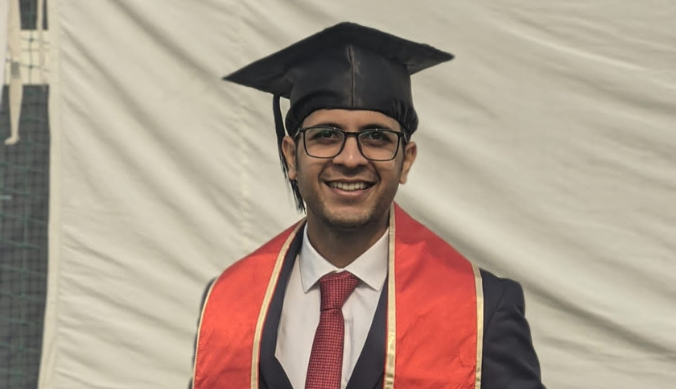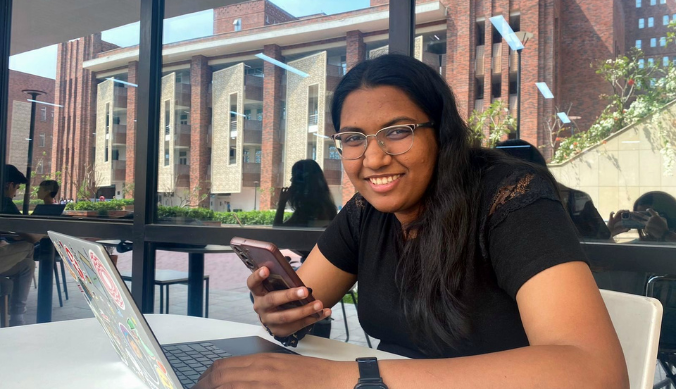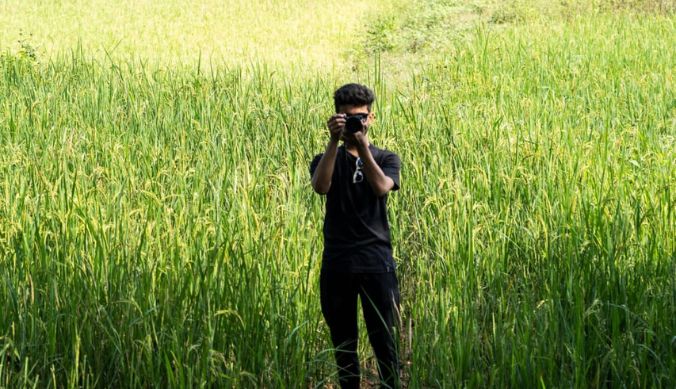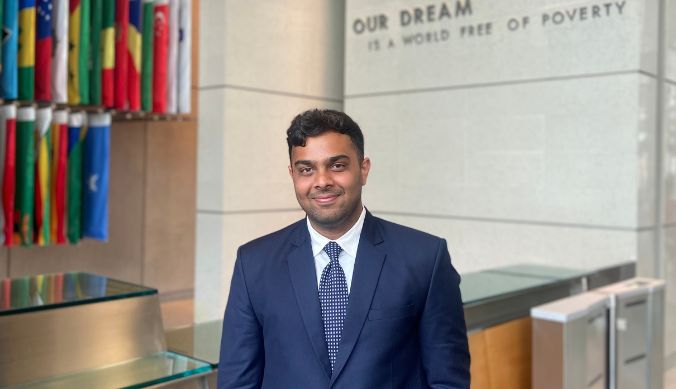From Isolation To Community
It feels difficult to find solace in people who cannot fathom the life you are living, writes Anoushka Kamath
Every morning my school hallways were filled with reunions and students used the time before our school bell to meet as many of their friends from other classes. This time was exciting to many including me who looked forward to talking to new people before we were locked in our classes for hours awaiting the lunch bell. As the years passed, I found myself feeling anxious to leave my class during breaks such as these because every time I looked at a person from afar, they were shielded by a circle of darkness.
While at the time I didn’t realize that the thing that scared me was an impending diagnosis of visual impairment, I believed it was my fault and so did others. With time, I was labeled as mean for ignoring people in the hallways but unbeknownst to many I was just not able to see any faces. The following years saw me spiraling downwards, isolated by my peers as I navigated a condition that was unknown to me.
In the summer of 2016, when I was diagnosed with my visual impairment, my family was devastated, unsure of how this would affect my lifestyle. But I remember the day I first heard the news as the happiest of my life. Finally, I understood that my friends calling me burdensome when I asked for notes, my poor academics and my inability to do basic tasks, like waving at a friend, were out of my control. While I believed that having this diagnosis would convince everyone and help me receive aid to thrive, unfortunately, no one understood why a seemingly normal person on the outside needed to be read things out loud or to have more time spent on them.
Large periods of my school life were spent in isolation; with no one to talk to, my mind spiraled to the conclusion that I was in fact a burden, incapable of achieving anything.
I started my last year of school with a group of friends outside my class, who were unaware of the isolation and turmoil I faced every time something was written on the board, every time someone waved at me, and every time I was unable to recognise a face. When they found out, I expected that I would be isolated once again, yet this group supported me, adopting small actions to make my social and academic life easier to navigate. My time with them made me realize that my disability doesn’t define me, and I finally felt a ray of hope.
Fourteen-year-olds would not believe that she could reach unimaginable heights, academically, professionally and socially. Since I was lucky enough to meet individuals who facilitated this growth by being a pillar of support against the social isolation that is inherent in our institutions, I want to be that pillar for anyone who seeks it.
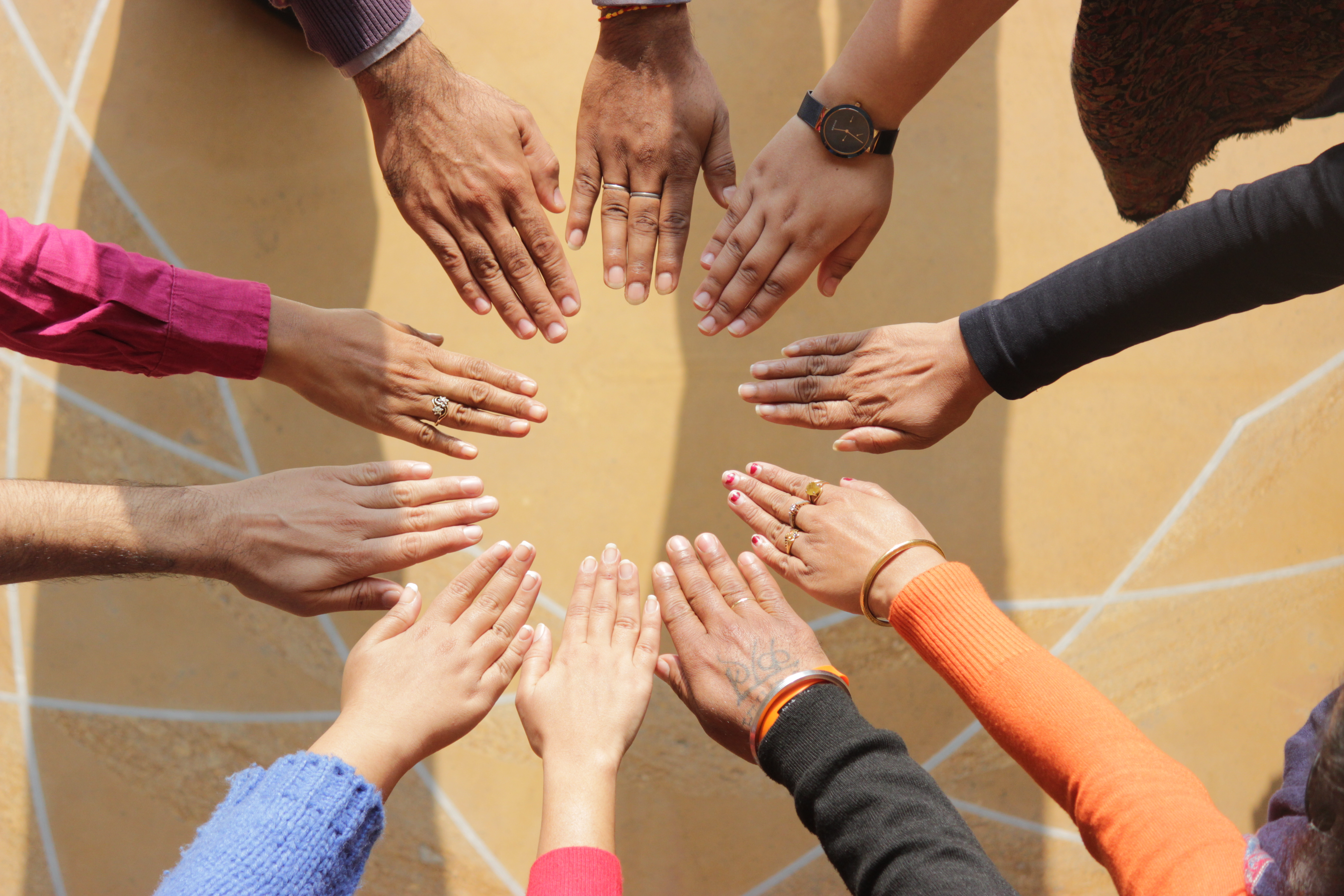
From my experiences, I understand and recognise the value of peers in a journey that makes most feel alone, although I also know that it feels difficult to find solace in people who cannot fathom the life you are living. This motivated me to, with the constant support of the Office Of Learning Support to create a group, consisting of people with disabilities.
Our group has no known definition that I can provide you with because its value is derived from every individual that interacts with it, but for the sake of communication, I would call it that pillow we all need to scream into after a stressful day. I envision that this group will facilitate the creation of a space that advocates and implements inclusive values in our society at large.
Every small action leads to a domino effect till for us and the many more after us are never made to feel that they are alone, misunderstood or a burden. I look forward to our interactions with the Ashokan community!
(Anoushka Kamath is a second-year undergraduate student at Ashoka University.)







